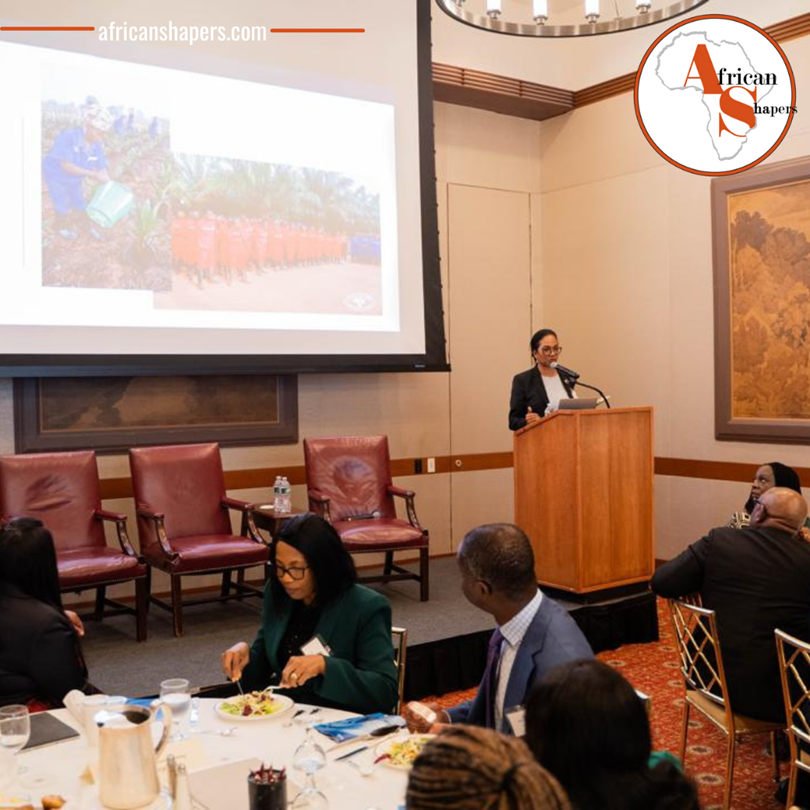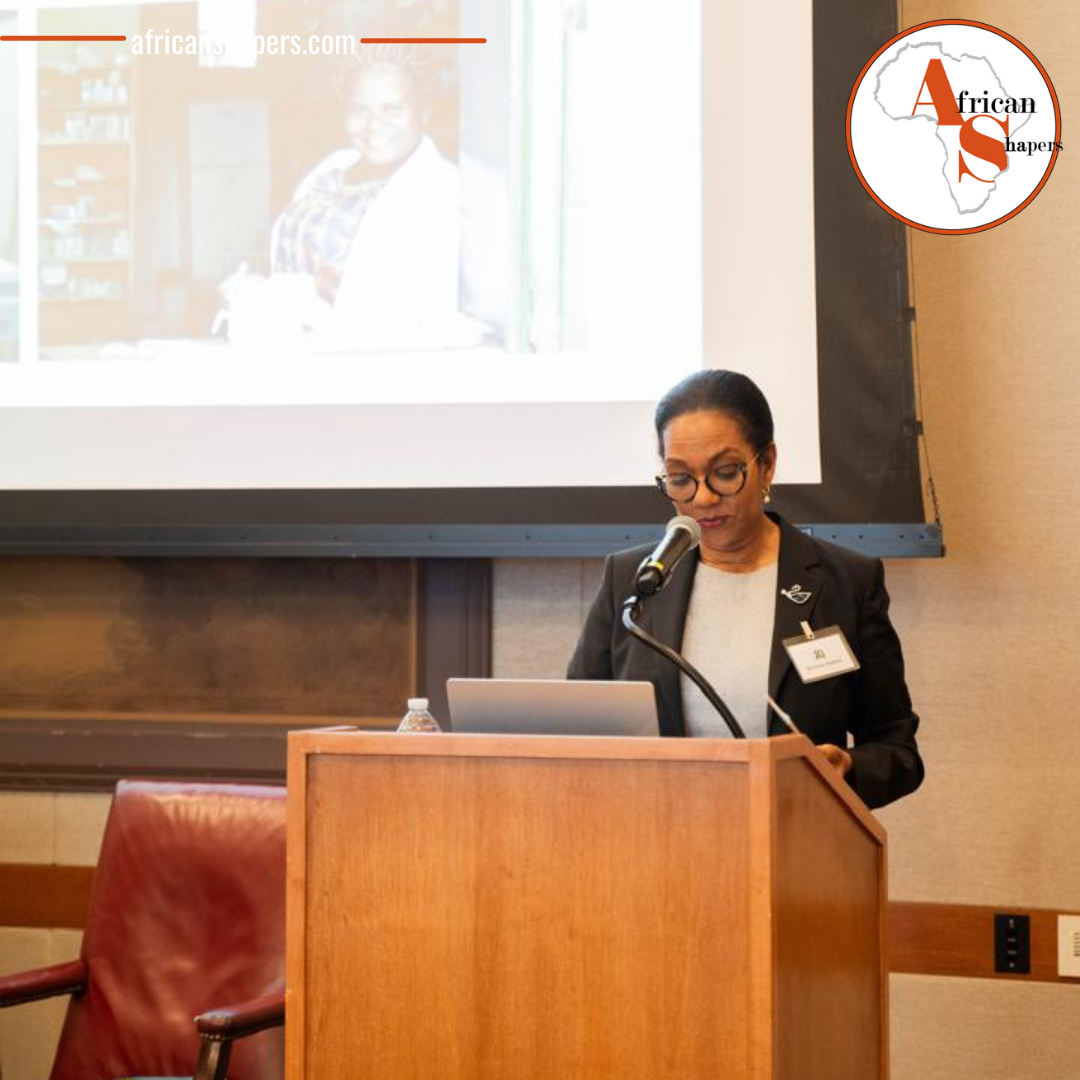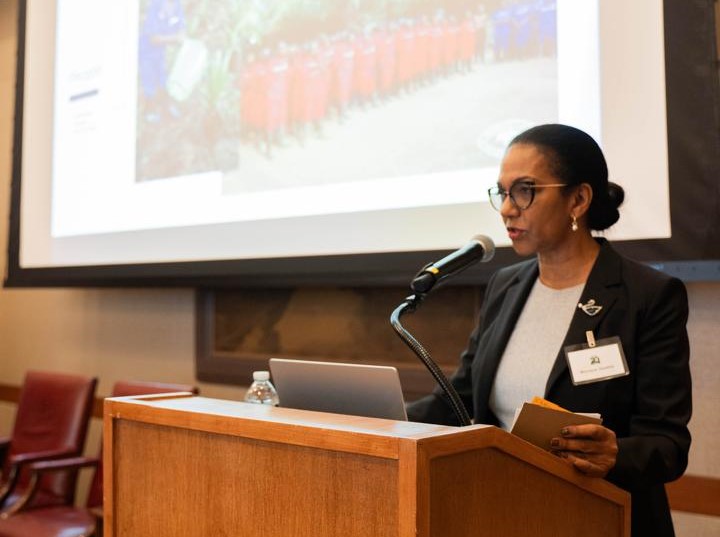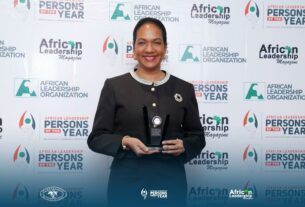The impressive transformation of Plantations et Huileries du Congo (PHC) since 2021 was highlighted as a success story at a roundtable on education and growth in sub-Saharan Africa, organized by the Nigeria Higher Education Foundation (NHEF). The event took place on September 27 at the prestigious Harvard Club in New York, on the sidelines of the United Nations General Assembly.
Mrs. Monique Gieskes, Managing Director of PHC, emphasized that the company’s success rests on several strategic pillars, including the arrival of Kuramo Capital Management as majority shareholder, which has instilled a new vision focused on shared prosperity through sustainable agribusiness. The realization of this vision has been made possible by an efficient and experienced Congolese management team.
Empowerment and gender equality
A particularly noteworthy aspect of this transformation is PHC’s commitment to women’s empowerment and gender equality. Since 2021, female representation within the company has tripled, from 4.5% to 14.1% in 2023. This spectacular progress reflects the company’s active commitment to promoting gender equality and integrating more women into its workforce, particularly in historically male-dominated sectors such as agriculture.

Ms. Gieskes also pointed out that the company is committed to initiatives aimed at empowering women and improving their access to positions of responsibility. These initiatives are part of an overall strategic plan, which aims not only to ensure the company’s economic growth, but also to support the long-term professional development of its employees through internal programs such as the PHC Academy.
Corporate Social Responsibility
In addition to this commitment to gender equality, PHC stands out for its Corporate Social Responsibility (CSR) model. The company has initiated numerous social projects in the provinces where it operates, mainly in Mongala, Tshopo and Equateur. These involve crucial areas such as education and health, as well as initiatives to support local producers. PHC has an extensive network of 4 modern hospitals with a capacity of 460 patients, as well as 3 health centers and 18 dispensaries equipped for first aid. In addition to building health infrastructures, the company has also built and equipped 25 elementary school, catering for over 7,000 children. In addition, 71 boreholes built by PHC facilitate access to drinking water for the surrounding communities.

PHC’s commitment to sustainability, women’s empowerment and investment in social projects has positioned the company as a model of transformation in Africa’s agricultural sector. Through this transformation, PHC is proving that economic development and social progress can go hand in hand, and this success is now recognized on the international stage.



